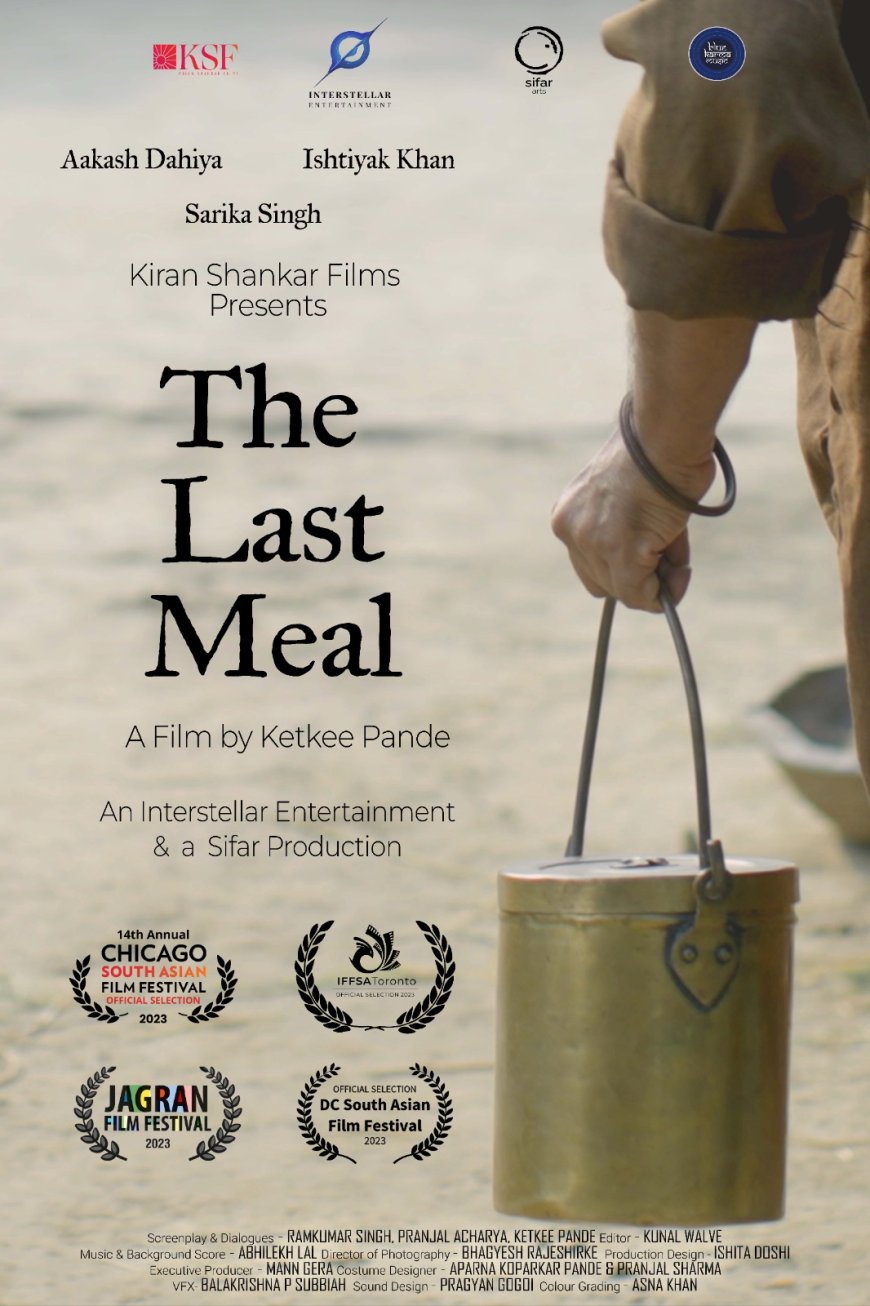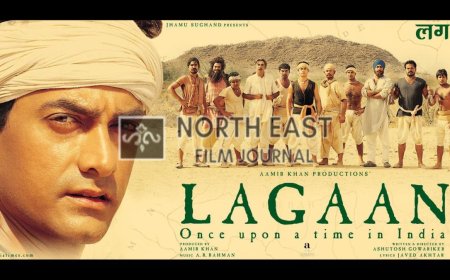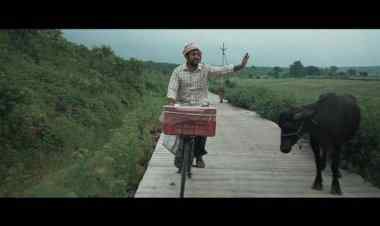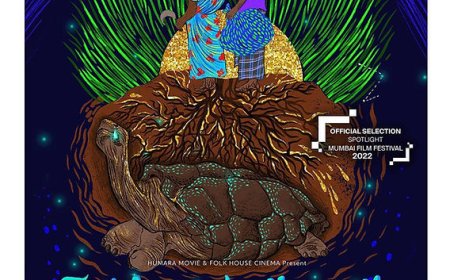The Last Meal (2023): The quest for an equitable society
Dipankar Sarkar provides astute analysis of Ketkee Pande's short film, The Last Meal.

Ketkee Pande's short film, The Last Meal is set in Lahore in 1931 and unfolds against the backdrop of a crucial period in pre-independence India marked by the enthusiasm of the freedom struggle. The storyline delves into the intricate societal challenges of untouchability that plagued the nation during this tumultuous era. At the heart of the film is a compelling tale, focusing on the final wishes of Bhagat Singh (Akash Dahiya), a prominent figure in the fight for independence. His insistence on having his last meal prepared by Bhoga (Ishtiyak Khan), a low caste, serves as a powerful metaphor for the deep-rooted issues of caste discrimination that persisted within the confines of a society in transition.
Bhoga and his wife Raano (Sarika Singh) are considered untouchables due to their lower caste status. He is employed as a sweeper in the prison where Bhagat Singh is incarcerated and forms an unexpectedly close bond with the revolutionary. So close that Bhagat affectionately addresses Bhoga as Bebe – a term usually reserved for a mother in Punjabi. As Bhagat faces the imminent gallows, he expresses a last wish: a desire for mustard curry and cornbread to be prepared at Bhoga's humble home. But Bhoga grapples with the internal conflict stemming from societal prejudices associated with his caste identity. Despite his reluctance, Bhagat's persistent urging eventually persuades Bhoga to fulfil this final request. The following day, Bhoga, brings the meticulously prepared meal to the jail. However, fate takes an unexpected turn.
The screenplay by Pende, Ramkumar Singh, and Pranjal Acharya navigates the historical and emotional landscape, shedding light on the caste-related complexities and the zeal for freedom amongst people during India's struggle for independence. It not only captures the essence of a specific moment in history but also serves as a mirror reflecting the societal constraints that accompanied the broader quest for freedom. In one scene, Raano, expressing a sense of optimism, shares her belief with Bhoga that the country will progress after independence, and consequently, their social standing as lower-caste individuals will also improve. But it is a stark irony that even after 76 years of independence, the anticipated positive changes have not materialised. The concluding scene of the film underscores the harsh reality that achieving equality among individuals from different castes may only seem attainable in a dream-like scenario. Another scene introduces the cruel realities of caste-based discrimination. A villager from the upper caste, upon learning about Bhagat Singh's yearning to have a meal prepared by Bhoga's wife, taunts him with a derogatory comment. The remark, involving Nehru wearing a rose from his garden, underlines an expression of the upper-caste individual's disdain for a lower-caste person. The subsequent shot, where Bhoga gazes at his own shadow on the ground, serves as a powerful visual metaphor that encapsulates the enduring struggle and reminder of his societal status despite the honour bestowed upon him by Bhagat Singh. Such details provide a deep exploration of the post-independence hopes and persistent social challenges faced by characters belonging to the lower caste.
The casting choices of Akash Dahiya as Bhagat Singh, Ishtiyak Khan as Bhoga, and Sarika Singh as Raano contribute significantly to the emotional depth and infuse the characters with grace and resilience. Ishita Doshi's production design sets a distinct tone and atmosphere for the milieu, enhancing its overall quality.
The Last Meal emerges as a tender tale that goes beyond merely exploring the intricacies of caste dynamics and social prejudices. While shedding light on the harsh realities of discrimination based on caste, the short film also delves into the sincere human connections that transcend these divisive barriers.
***
What's Your Reaction?

































































